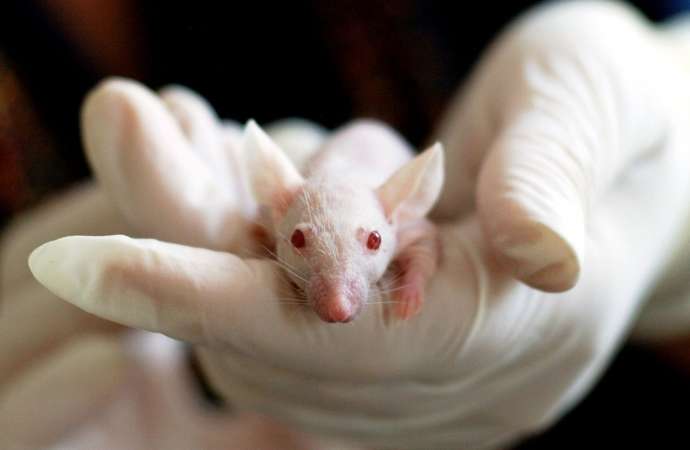STA, 20 May 2020 - The National Institute of Chemistry has started testing a potential coronavirus vaccine in a mouse study after receiving a green light for the animal trial on Tuesday. The nanoparticle-based vaccine contains viral antigens and could be more effective than a protein-based vaccine, Roman Jerala of the institute told the STA.
The first results of the study are expected in July when it will be clear whether the mice have responded to the vaccine by creating neutralising antibodies that prevent the coronavirus infection.
Jerala, a biochemist and synthetic biologist, is the head of the synthetic biology and immunology department at the institute where a new vaccine platform is currently tested. The project will enable a swifter, easier and cheaper way of preparing the vaccine.
The Food Safety, Veterinary Sector and Plant Protection Administration gave a go-ahead for the trial on Tuesday, almost two months after the institute submitted a request for the mouse study.
The testing commenced in a laboratory environment designed for in-vivo studies immediately after the green light was given.
Multiple constructs of protein nanoparticles and virus-like particles have been prepared to be analysed using cryo-electron microscopes.
"Given that findings about the virus and the [Covid-19] disease are developing extremely quickly, the institute prepared a somewhat amended type of vaccine during these two months, hoping to get a better cell immunity and more long-lasting protection," said Jerala.
He also announced that the institute would submit another request this week to complete trials on animals.
In each group the scientists will use six mice, constantly monitoring and testing various combinations. Altogether, the study will thus require tens of mice.
"The procedure will include the initial immunisation with booster doses in a few weeks and the analysis of serum and cell response," Jerala said.
The institute has recently developed a test for determining the prevention of the fusion of the virus and human cells, a way to test the vaccine efficacy as well as antibodies in persons who have recovered from Covid-19 or will have been vaccinated, according to Jerala.
The researchers will also focus on assessing whether the nanoparticle-based vaccine is more effective than a protein-based solution that is used as a basis for most coronavirus vaccine trials at the moment.
The project could deliver an innovative strategy to fight Covid-19 or potential types of diseases that might stem from similar viruses in the future.
If the animal studies prove effective, the institute will have to find partners who could conduct clinical trials.
The project is worth some EUR 500,000 with most researchers at Jerala's department working on it.







